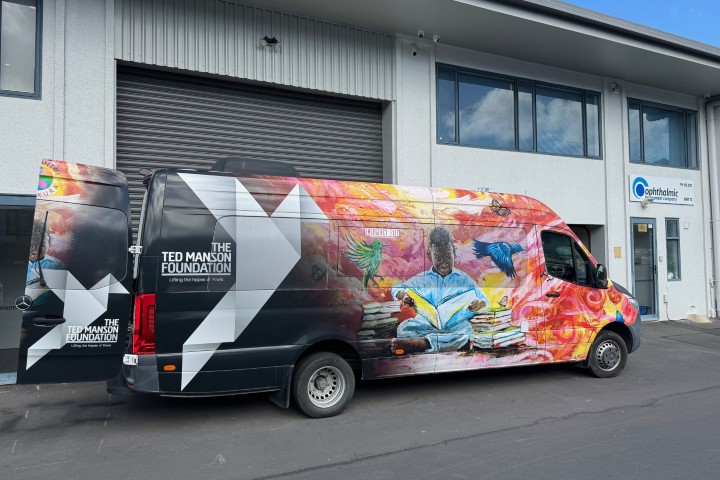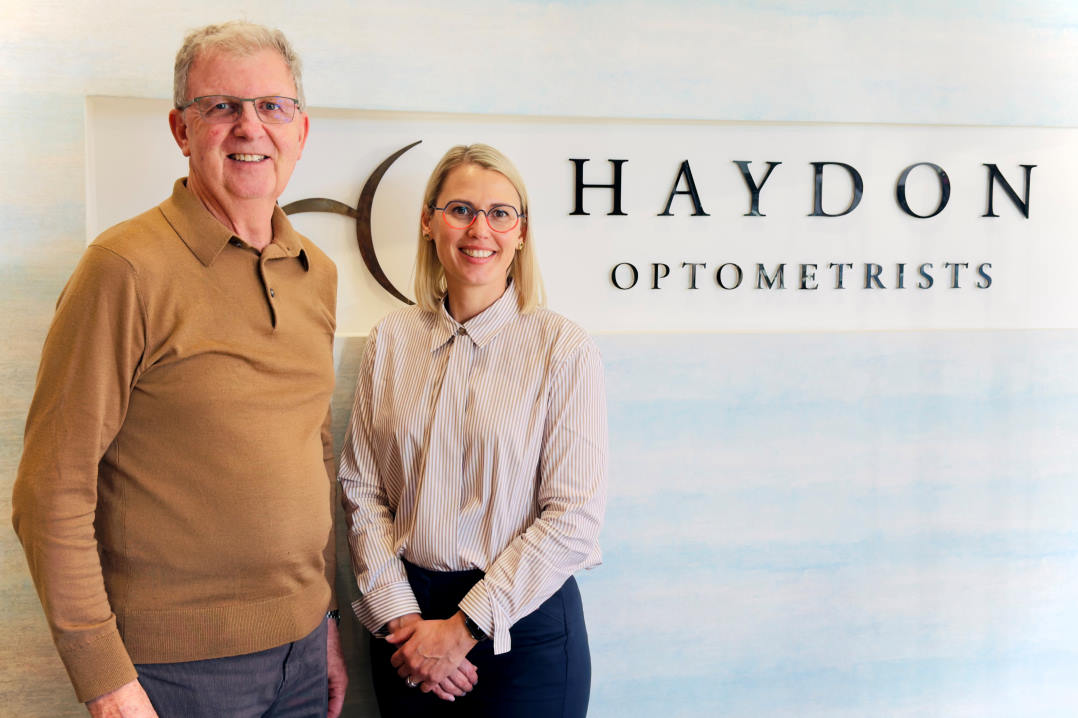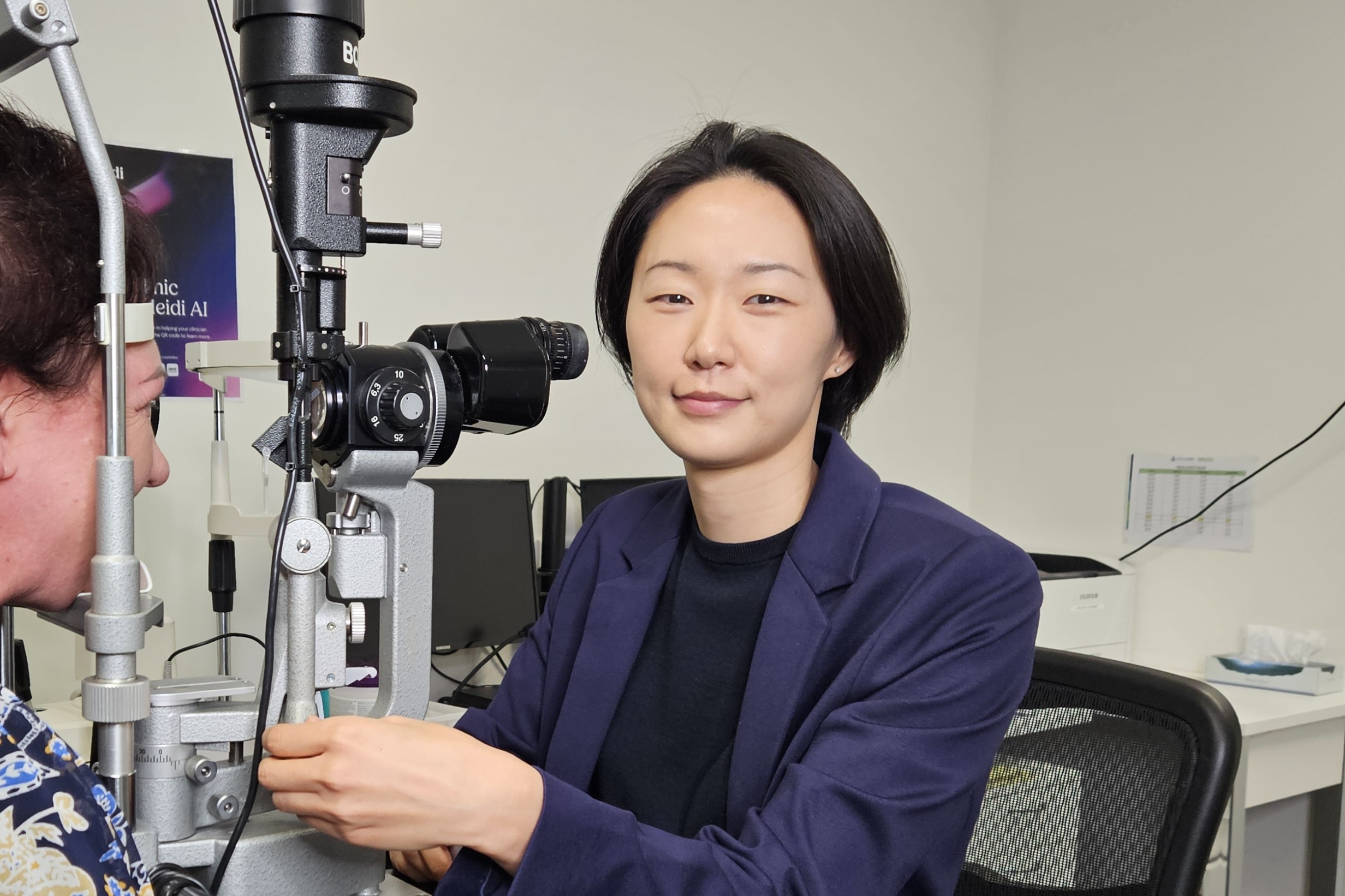Celia the bus taking equity to the school gate
New Zealand’s first dedicated school vision bus, Celia, is set to launch within weeks, bringing free eye exams to children who would otherwise go without.
Celia, a converted 30-seater transport van, will be staffed by optometrists visiting schools across Auckland, said Sarah Corson, CEO of the Painga Project, the South Auckland charity behind the initiative. Established five years ago, the project’s objective is to support low-decile schools. “It’s very hard to learn without your hearing and vision,” said Corson.
The service follows an extensive vision-screening programme that found 30% of primary school children in South Auckland needed referral for optometric care. With Celia’s arrival, the team will screen and provide two free pairs of glasses – one for school and one for home – to those who need them.
The Painga Project has already provided hearing and vision screening for children at 40 Auckland schools. “We screened the entire roll at these schools and found 30% failed the tests… and 80% of those needed glasses,” Corson said.
To move from vision screening to a more in-depth solution, Painga enlisted optometrist and entrepreneur Lynden Mason to help establish its own examination bus. Mason, a Painga Project trustee, has supported the project for the past 18 months. “We are never letting him go!” said Corson.
“We needed a solution of our own that operated in school hours (to remove access barriers) and we wanted to make sure it was both free and easy to access for our communities. Lynden helped us guide the development of this service."
Having grown up in Manurewa, Mason said he understands many of the challenges and needs in the communities Painga serves. “This project is very close to my heart,” he said.
Support has also come from the Ted Manson Foundation, which donated the vehicle, and and others have funded much of the fit-out. Tim Way and OIC have been instrumental assisting with equipment selection and design, said Mason, and Essilor Luxottica helps to provide the glasses. “Supporters have been very generous, but it still costs us to deliver our hearing and vision service in schools, which we are meeting through donations,” Corson said.
Painga adapts its programme to each community: “We are very fluid in how we meet each school and community’s needs and build the programme to best suit that.”
In recent months, children have been bussed to exam sites; soon, the process will be reversed. “We will park the bus at the school and the kids will make their way through the bus,” Mason said. Named after social justice advocate and author the late Celia Lashlie, the bus will allow two optometrists to see around 30 students a day.
Painga’s vision-screening equipment includes eye charts and Welch Allyn Spot Vision Screeners and the bus is fitted with digital phoropters, slit lamps, retinal imaging and corneal topography. Painga is now seeking optometrists and dispensing opticians interested in joining the team. “When we launch, we want it to be a fully staffed service,” Mason said.
The rollout will begin in Auckland before expanding to Wellington, Tairāwhiti/East Coast and Hawke’s Bay, with a sister bus planned to support Celia. Painga has also been invited to be part of a preschool screening pilot with Wellington funding. “The earlier we can pick up visual and hearing issues and make interventions, the better. Right now, we are seeing children aged 12 with issues that could have been improved with earlier detection,” Corson said.
Also visiting schools in South Auckland is Vision Bus Aotearoa, run by the University of Auckland, which examines 500–550 pre-screened kids every year and is also supported by various foundations, philanthropists and Essilor.
For more information or to get involved, contact Lynden Mason lynden@behindthebrand.co.nz
























